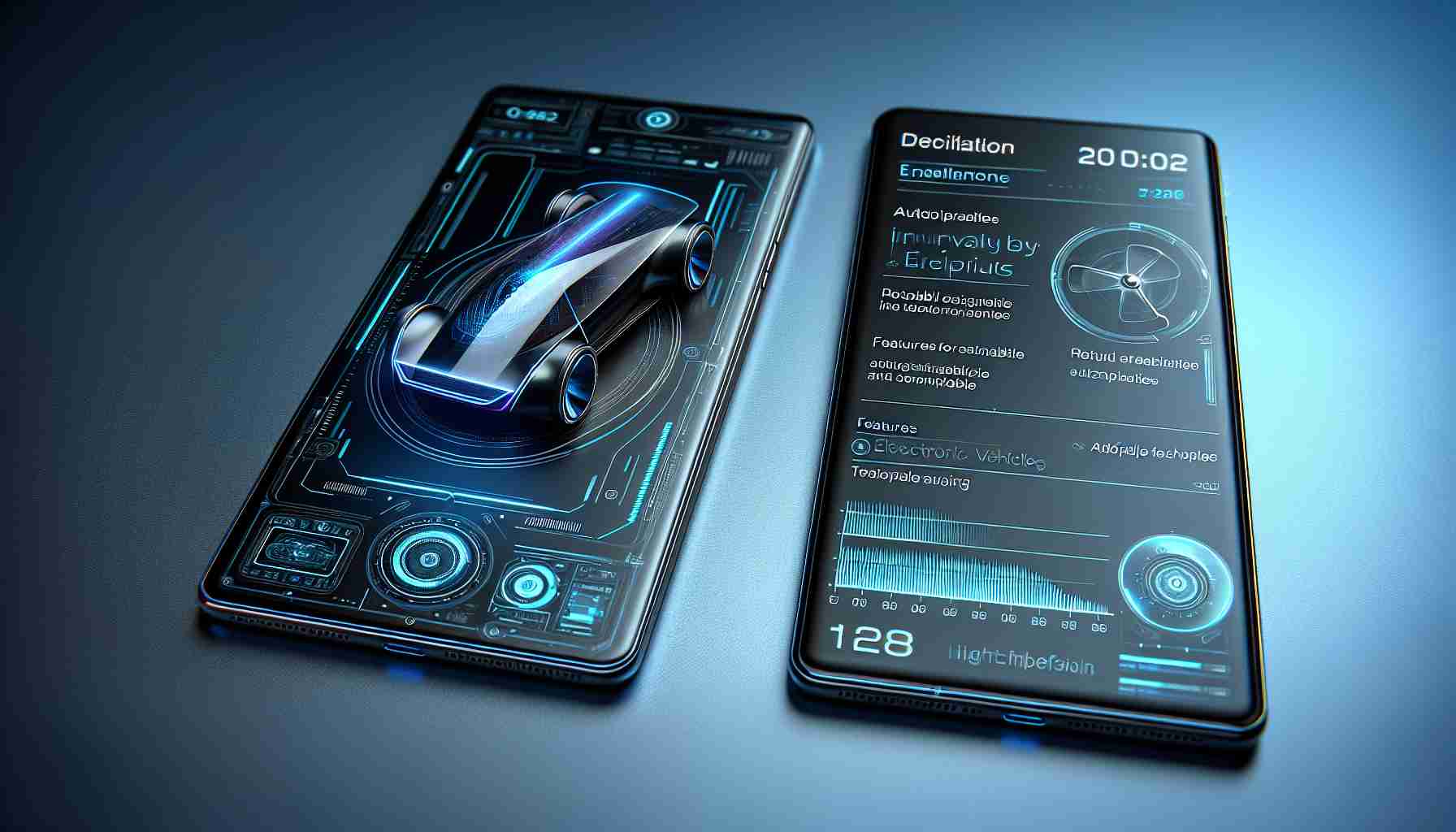Morgan Stanley analysts are predicting that Tesla might extend its innovative technology to the smartphone industry. Through insights gathered from industry experts and car management teams, these analysts suggest that the once clear boundaries between automobiles and smartphones are fading. Tesla’s cars, with their sophisticated touch screens and integrated applications, are viewed as large-scale mobile devices, akin to a “giant iPhone” as described by The Washington Post in 2018.
Tesla’s evolution has always been closely watched by Morgan Stanley, especially their edge computing potential outside of their automotive domain. With Elon Musk at the helm, investing heavily in AI technologies including a chatbot named Grok, the possibility of a Tesla-branded smartphone becomes more tangible. Musk himself has both dismissed and entertained the idea of designing a phone, demonstrating the unpredictability of his strategic decisions.
Given the interactive use of smartphones with Tesla cars—such as remote locking and unlocking capabilities through Near Field Communication (NFC)—a Tesla smartphone could serve as a central device for enhanced vehicle control and personalized AI applications. Furthermore, with Tesla’s computing power and the potential to incorporate SpaceX satellite connectivity, such a device could redefine the scope of smartphones.
While running AI applications on smartphones poses challenges like battery strain and overheating, the computational prowess of Tesla’s technology could provide solutions. Morgan Stanley did not speculate on the release timeline of a Tesla smartphone, considering Elon Musk’s tendency to postpone promised advancements. However, the fusion of Tesla’s automotive brilliance and mobile technology remains an exciting prospect for the future of connectivity.
Upon examining the prospect of Tesla possibly entering the smartphone market, as suggested by Morgan’s Stanley analysts, several important questions and key challenges arise, and there are clear advantages and disadvantages associated with such a move.
Key Questions and Answers:
1. How would Tesla differentiate its smartphone in a saturated market?
Tesla would need to leverage its strengths in innovation, technology, and brand loyalty to create a smartphone that stands out amongst competitors by offering unmatched integration with its vehicles, high-quality AI applications, and perhaps unique features like satellite connectivity through SpaceX’s Starlink.
2. Would a Tesla smartphone offer cross-brand compatibility or be exclusive to Tesla vehicle owners?
There’s a strategic decision to be made between creating a device that caters specifically to Tesla car owners or attempting to appeal to the broader smartphone market.
3. Has Tesla shown any indication of smartphone hardware development?
So far, there has been no concrete evidence that Tesla has initiated any smartphone hardware development, though the unpredictable nature of Elon Musk’s announcements leaves room for speculation.
Key Challenges and Controversies:
– Entering an established market dominated by giants like Apple and Samsung is risky.
– Ensuring the Tesla smartphone can offer clear and unique benefits to consumers above what is currently available on the market would be challenging.
– Privacy concerns, especially with Tesla’s collection of vehicle data and how this might be extended to a Tesla phone user’s personal data.
– Meeting the technical and logistical demands of manufacturing a high-tech smartphone could strain Tesla’s resources.
Advantages:
– Tesla’s brand reputation for innovation could generate significant consumer interest.
– Tesla’s existing AI, battery, and software expertise could translate into superior smartphone features.
– Deep integration with Tesla cars could provide enhanced functionality for users.
Disadvantages:
– The financial risk of entering a new market and potential distraction from their core automotive business.
– Possibility of overextending the brand into too many different products and industries.
– The need for substantial investment in customer service and support infrastructure for a consumer electronic product like a smartphone.
Related links for further research and context focusing on the main information domains could include:
– Tesla
– SpaceX
– Morgan Stanley
It is crucial for any potential venture into the smartphone market by Tesla to carefully assess these points, as the undertaking would be a significant step with both potential rewards and risks.
The source of the article is from the blog meltyfan.es
